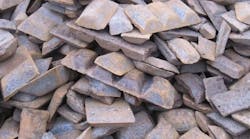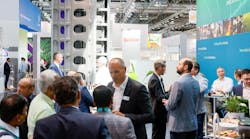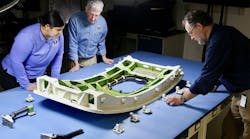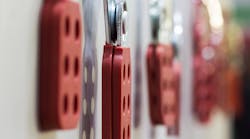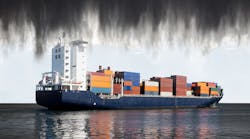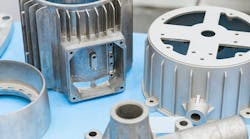Skuld LLC – a lost-foam casting and additive-manufacturing business – has acquired the site of the former Champion Foundry in Piqua, OH, and plans to start operations there in April. Champion Foundry, a gray iron operation, closed in March 2017 after nearly a century in business. The value of the purchase was not announced.
Skuld manufactures prototypes, tooling, and replacement parts, particularly for defense, tooling, and heavy equipment manufacturing. The business — which draws its name from a Norse mythological creature that controls the future — was established in 2015 by Mark DeBruin, chief technical officer, and Sarah Jordan, chief executive officer. DeBruin and Jordan are metallurgical engineers, giving the company a particular emphasis on applying novel materials and manufacturing technologies.
Skuld is mainly a lost-foam casting foundry, but soon it will launch production with a patent-pending hybrid process that combines lost foam and additive manufacturing techniques to expedite tooling production, speeding the route to production for new designs.
That new capability is due to arrive in April, too.
At the Champion site, four buildings with a combined 32,000 sq. ft. of manufacturing space are being refurbished now. According to its announcement Skuld will cast ferrous (gray iron, ductile iron, steel) and nonferrous alloys (aluminum, brass, bronze, copper, nickel alloys), starting at 3,000 tons/year but increasing capacity to 30,000 tons/year in the future, according to Jordan.
Along with lost-foam casting and the 3D printing technique (called Lightning Metal), Skuld will have foam blowing for mold production, a “printer farm,” heat treating, and machining for finished parts.
